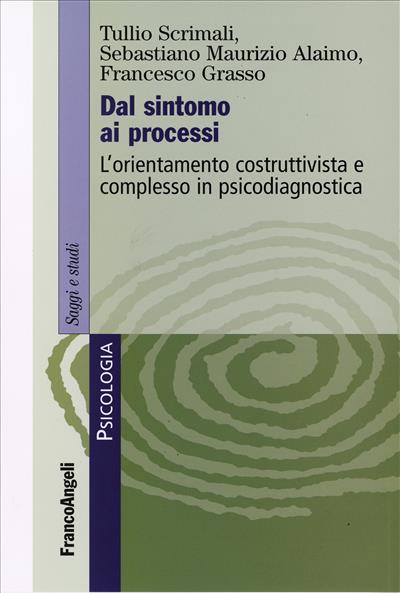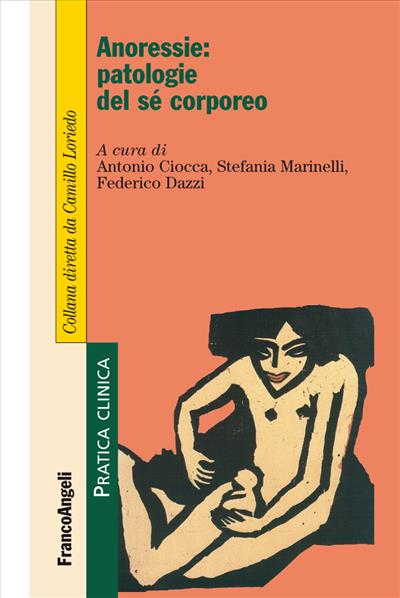
A cura di: Gabriele Chiari, Maria Laura Nuzzo
Psychological contructivism and the social world
Printed Edition
59.00
Printed Edition
59.00
Pages: 416
ISBN: 9788846448125
Edition: 1a edizione 2003
Publisher code: 1240.209
Availability: Limitata




